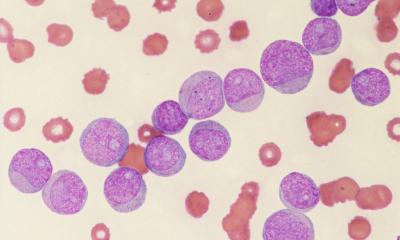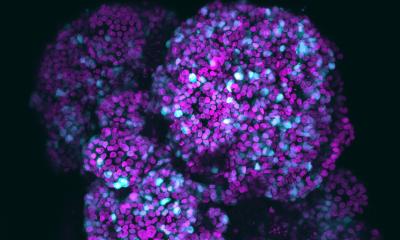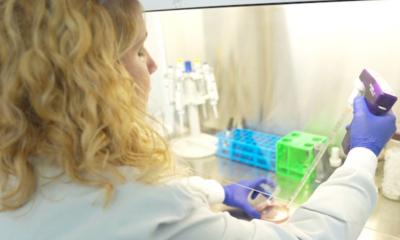Nobel Prize awarded to Robert Koch Foundation Laureate
The Robert Koch Foundation congratulates Professor Shinya Yamanaka, the 2008 Robert Koch Award laureate, on being awarded this year’s Nobel Prize in Physiology or Medicine. The award to Yamanaka brings the number of Robert Koch Foundation laureates to receive a Nobel Prize to 11 since 1962.

The Nobel Prize in Physiology or Medicine 2012 goes jointly to Professor Shinya Yamanaka from Kyoto University in Japan and Sir John B. Gurdon from the United Kingdom. According to the prize committee at the Karolinska Institutet in Stockholm, the researchers were awarded this prestigious prize for the discovery that mature cells can be reprogrammed to become pluripotent.
„We are delighted that, as in 2011, a Robert Koch Foundation laureate has once again received recognition for his research by being awarded a Nobel Prize“, said Professor Jörg Hacker, Chairman of the Scientific Advisory Council and Deputy Chairman of the Board of Directors of the Robert Koch Foundation.
Professor Yamanaka from the Department of Stem Cell Biology at the Institute for Frontier Medical Sciences at the University of Kyoto in Japan received the Robert Koch Foundation Award in 2008 for his pioneering research into the induction and functional analysis of pluripotent stem cells from somatic cells. Several years ago, he and his team were the first to succeed in reprogramming mature skin cells from mice. These then acted like embryonic stem cells and were able to form each of the body’s 200 or so different cell types such as nerve cells, muscle cells and cartilage cells. Later, Professor Yamanaka was able to show that this method also works with human skin cells. His technique was surprisingly simple: the production of pluripotent stem cells required neither eggs nor embryos. The skin cells were reprogrammed into all-rounders simply by inserting four genes, Oct4, Sox2, c-Myc and Klf4, into their genetic material.
The Robert Koch Award is presented annually and is one of the most prestigious and renowned scientific commendations in Germany. Under the patronage of the Federal President Joachim Gauck, the Robert Koch Foundation promotes the scientific fundamental research in the field of infectious diseases, immunology and supports measures to solve other health-related problems in countries of the third world.
The prize is named after Robert Koch (1843 – 1910), the researcher who is considered as one of the founders of microbiology. He was awarded the Nobel Prize in Physiology or Medicine for his tuberculosis findings in 1905.
10.10.2012










